Cannabis abuse disorder, explained
Contrary to popular belief, it's possible to be addicted to marijuana

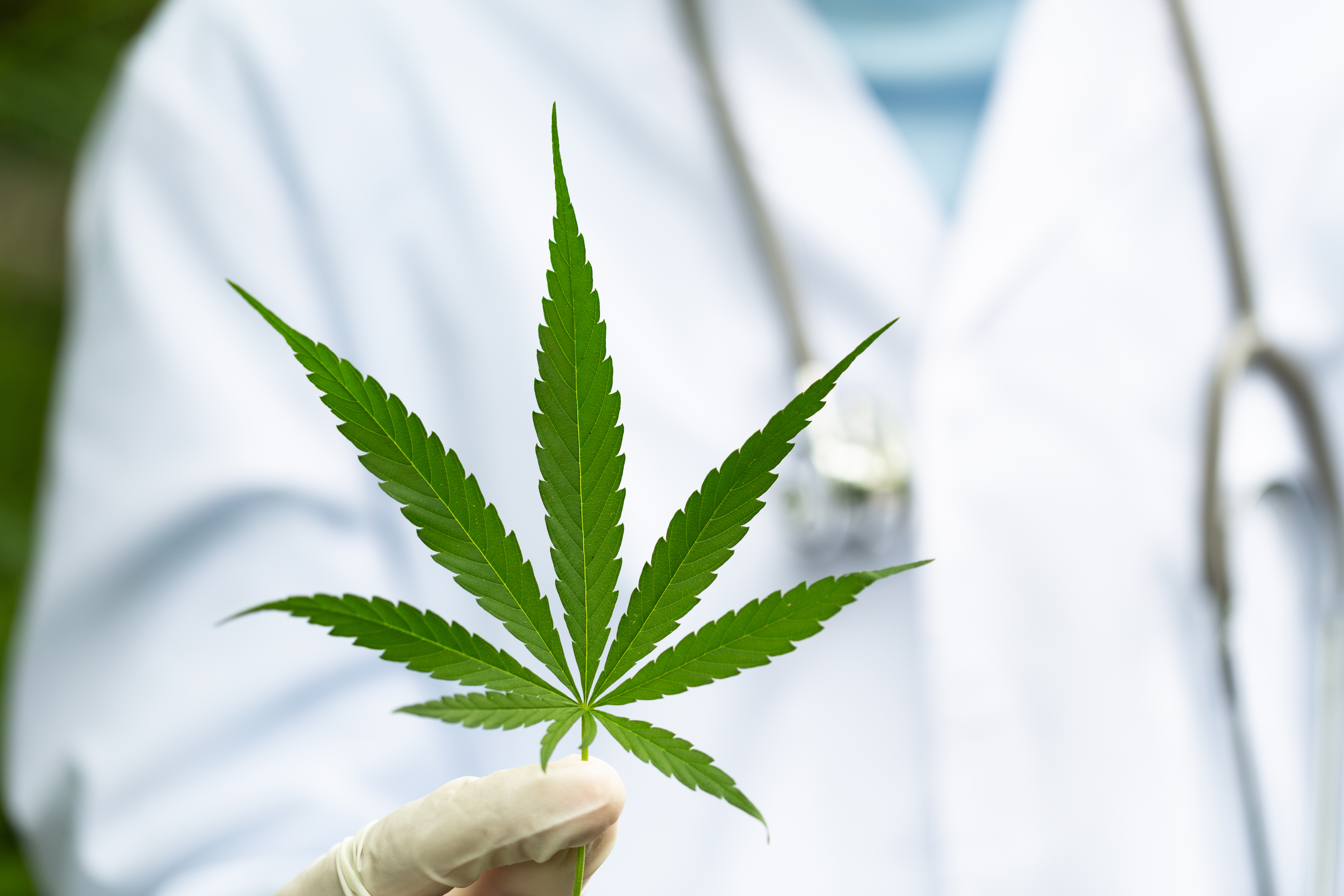
A free daily email with the biggest news stories of the day – and the best features from TheWeek.com
You are now subscribed
Your newsletter sign-up was successful
Cannabis use has become more prevalent as legalization and decriminalization make it more accessible. While some studies show that cannabis could have some benefits, research also indicates that marijuana dependence is rising. There's a common misconception that weed is nonaddictive, but experts say people can indeed become dependent on cannabis.
What is cannabis abuse disorder?
The American Psychiatric Association's Diagnostic and Statistical Manual of Mental Disorders (DSM–5) defines cannabis use disorder as "a problematic pattern of cannabis use leading to clinically significant impairment or distress." Similar to the way other substance abuse disorders are diagnosed, a marijuana user must meet at least two of the 11 criteria outlined in the DSM-5, which include an inability to scale back consumption, experiencing physical withdrawal, increased risk of mental health issues, and interpersonal and social problems.
A 2021 report from the National Survey on Drug Use and Health found that approximately 19% of Americans ages 12 and up used cannabis and almost 6% of teens and adults met the criteria for cannabis use disorder. "For comparison, close to 11% of Americans over the age of 11 have alcohol use disorder," noted The New York Times.
The Week
Escape your echo chamber. Get the facts behind the news, plus analysis from multiple perspectives.

Sign up for The Week's Free Newsletters
From our morning news briefing to a weekly Good News Newsletter, get the best of The Week delivered directly to your inbox.
From our morning news briefing to a weekly Good News Newsletter, get the best of The Week delivered directly to your inbox.
Some risk factors increase the risk of someone developing cannabis use disorder. One of those risks is starting to use it as an adolescent. "Cannabis use disorder occurs in all age groups, but it's primarily a disease of young adults," Dr. David Gorelick, a professor of psychiatry at the University of Maryland School of Medicine, told the Times. "And there is evidence that the younger the age at which you start cannabis use, the faster you'll develop cannabis use disorder and the more severe the disorder will be."
A preexisting psychiatric condition, like anxiety, depression or attention deficit hyperactivity disorder, can also put someone at increased risk. "One possible reason for the overlap is that some people self-medicate with cannabis," explained the Times. "And the heavier a person's use, the more likely they are to develop physical dependence."
Has the risk of addiction gotten worse in recent years?
A review of studies published in 2022 found that higher concentrations of tetrahydrocannabinol (THC), the main psychoactive part of marijuana plants, are linked to an increased number of people becoming addicted to cannabis.
"One of the highest-quality studies included in our publication found that use of high-potency cannabis, compared to low-potency cannabis, was linked to a fourfold increased risk of addiction," study co-author Tom Freeman, a senior lecturer in the department of psychology and director of the addiction and mental health group at the University of Bath in the United Kingdom, told CNN. The review also found that cases of "marijuana-associated psychosis" rose as the potency increased.
A free daily email with the biggest news stories of the day – and the best features from TheWeek.com
The concentration of THC increased by 2.9 milligrams per gram of herbal cannabis yearly, per a 2020 study by Freeman and his team at the University of Bath. They also found that THC levels in cannabis resin, the sap from the plant used for extracts, "increased by approximately 5.7 milligrams each year from 1975 to 2017," reported CNN.
Experts fear the consistent rise in potency might not be recognizable to some consumers. While people who purchase weed from legal dispensaries can see the "precise potency" of THC on the labels, "people buying cannabis illegally may not be able to access reliable information about the potency of the product they are using," Freeman said.
Contemporary cannabis manufacturers are extracting THC from the plant "to make oils, edibles, wax, sugar-size crystals and glasslike products called shatter that advertise high THC levels, in some cases exceeding 95%," the Times wrote. At the same time, the average levels of CBD, "the nonintoxicating compound from the cannabis plant tied to relief from seizures, pain, anxiety and inflammation," have been declining. Studies suggest that plants selectively bred for higher concentrations of THC than CBD could potentially make the drug more addictive.
Is cannabis addiction less severe than other drugs?
While some might say marijuana is not as big a deal as other substances, Dr. Leana Wen, an emergency physician and professor, "wouldn't frame it that way." Cannabis may not "cause liver damage the way that high amounts of alcohol does, and it doesn't have the lethality of opioids," but that doesn't mean there's no harm in frequently using the drug, Wen told CNN. Wen believes the "legalization movement has shifted the conversation so much toward acceptance of cannabis that we are neglecting the fact that it is a drug," and it "should be regulated just like alcohol, tobacco and opioids."
The consequences of cannabis use disorder aren't as life-threatening as drugs like opiates. However, cannabis addiction can still cause "a dramatic decrease in quality of life," Dr. Christina Brezing, an assistant professor of psychiatry at Columbia University, told the Times.
Theara Coleman has worked as a staff writer at The Week since September 2022. She frequently writes about technology, education, literature and general news. She was previously a contributing writer and assistant editor at Honeysuckle Magazine, where she covered racial politics and cannabis industry news.
-
 The Olympic timekeepers keeping the Games on track
The Olympic timekeepers keeping the Games on trackUnder the Radar Swiss watchmaking giant Omega has been at the finish line of every Olympic Games for nearly 100 years
-
 Will increasing tensions with Iran boil over into war?
Will increasing tensions with Iran boil over into war?Today’s Big Question President Donald Trump has recently been threatening the country
-
 Corruption: The spy sheikh and the president
Corruption: The spy sheikh and the presidentFeature Trump is at the center of another scandal
-
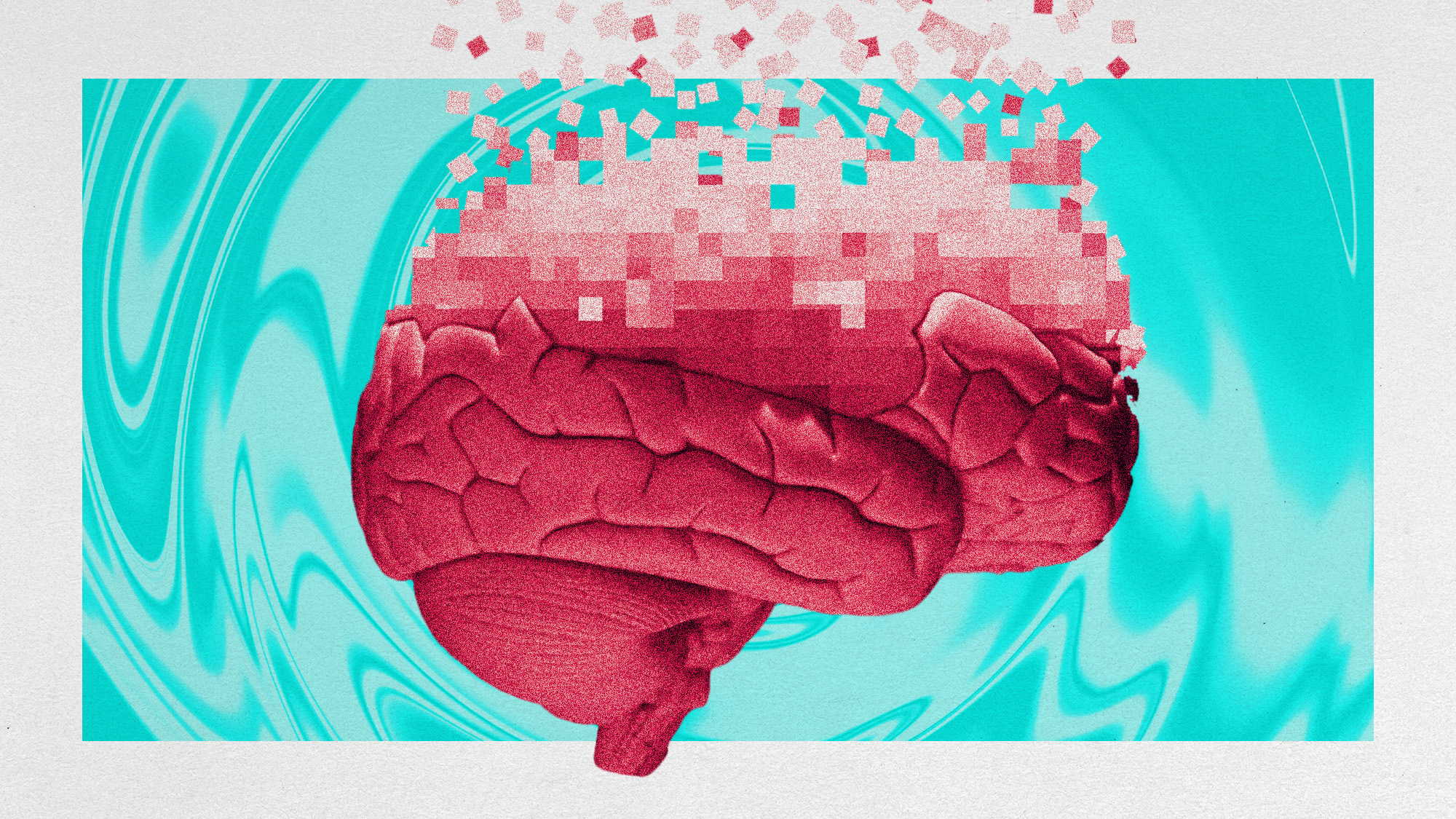 'TikTok brain' may be coming for your kid's attention span
'TikTok brain' may be coming for your kid's attention spanThe Explainer What happens to kids' brains when they binge TikTok's endless stream of bite-sized videos?
-
 The 'girl dinner' TikTok trend has dieticians on edge
The 'girl dinner' TikTok trend has dieticians on edgeSpeed Read Is it a cute and relatable social media fad or a cover for disordered eating?
-
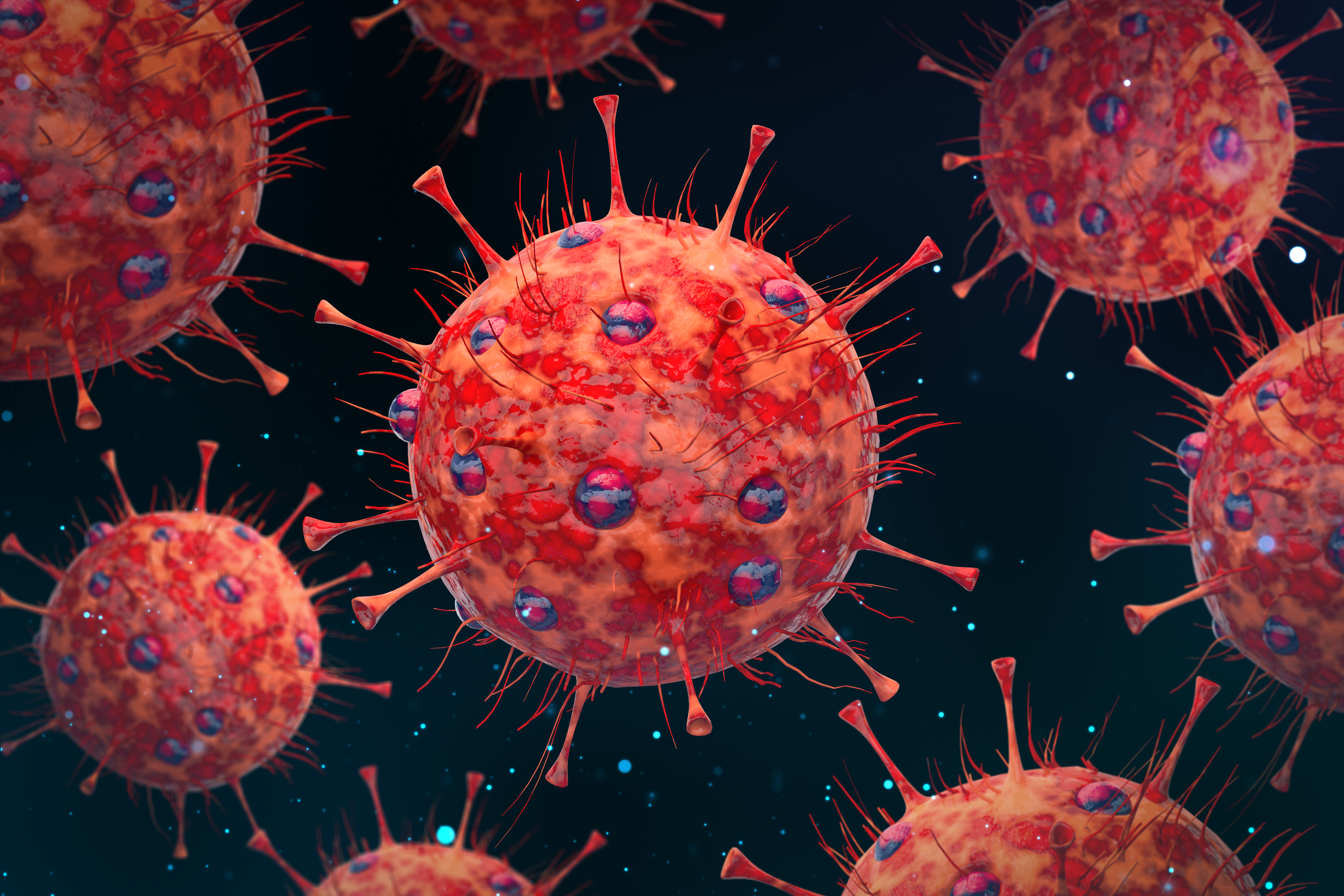 Understanding the new Covid-19 variant, Eris
Understanding the new Covid-19 variant, ErisSpeed Read The formally named EG.5 is making the rounds, but we don't have to worry just yet
-
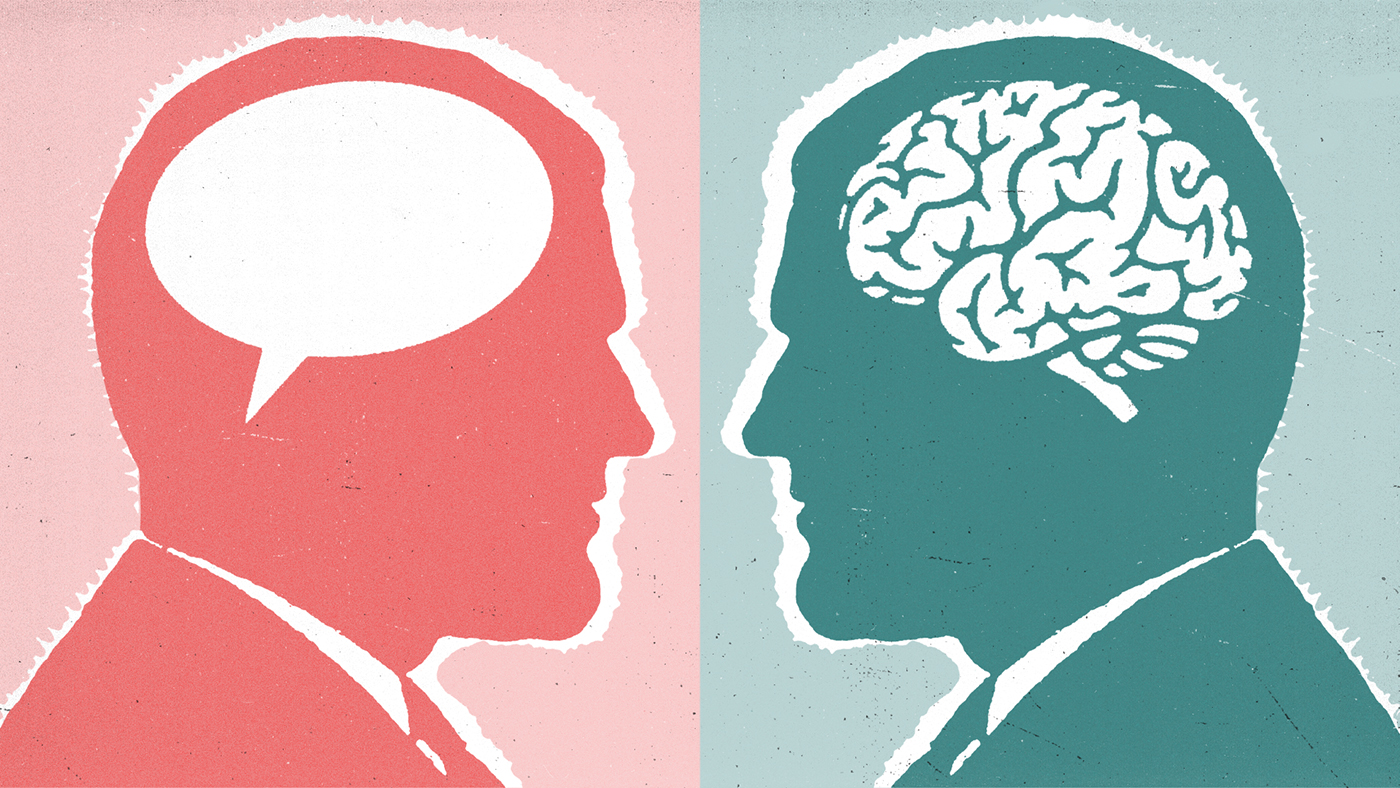 When therapy-speak enters the real world
When therapy-speak enters the real worldSpeed Read Are you "setting boundaries" or avoiding confrontation?
-
 The new push to solve long Covid
The new push to solve long CovidSpeed Read Patients say researchers have been too slow to address the condition
-
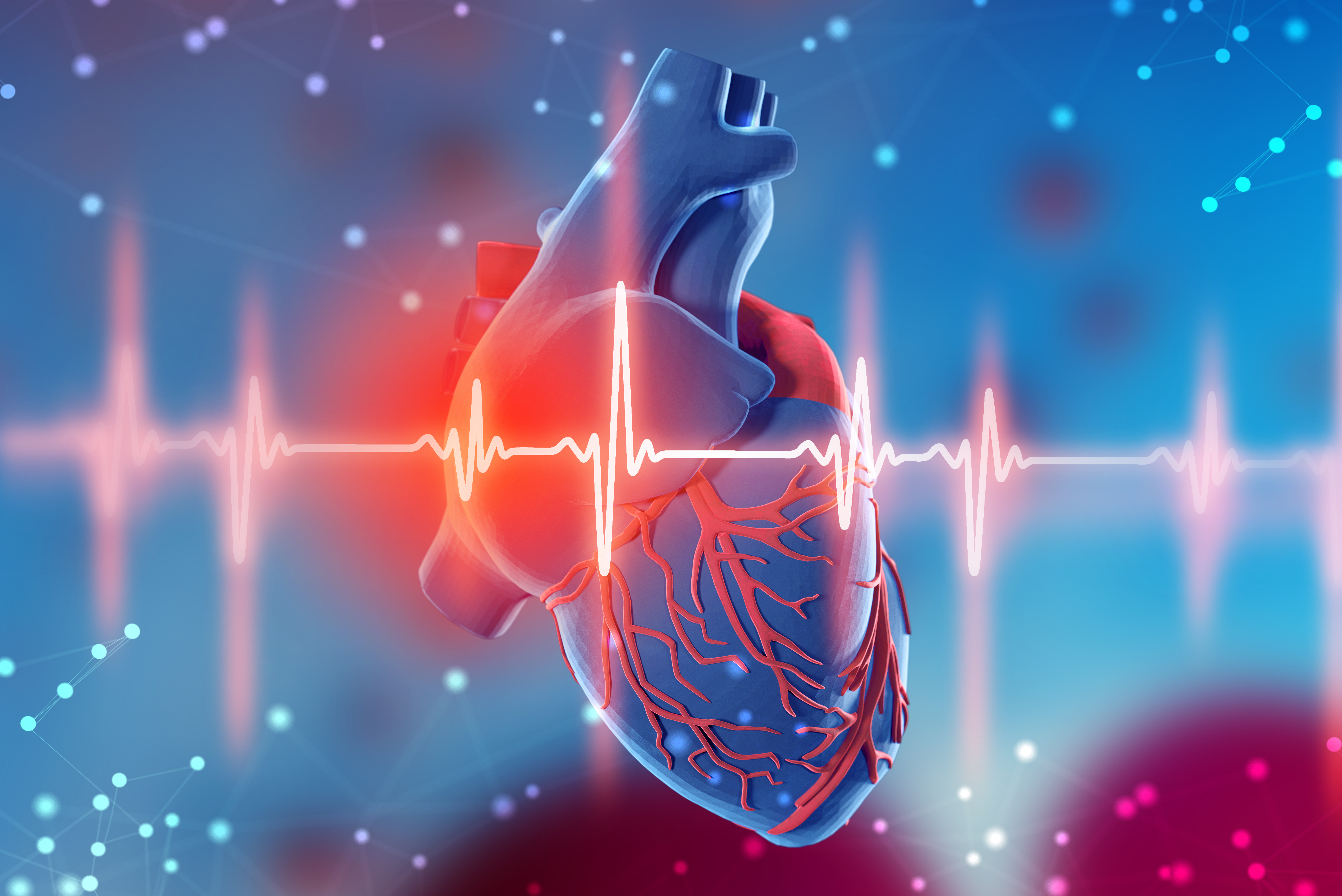 What is cardiac arrest and why does it happen?
What is cardiac arrest and why does it happen?Speed Read The heart condition impacts younger athletes more often than expected
-
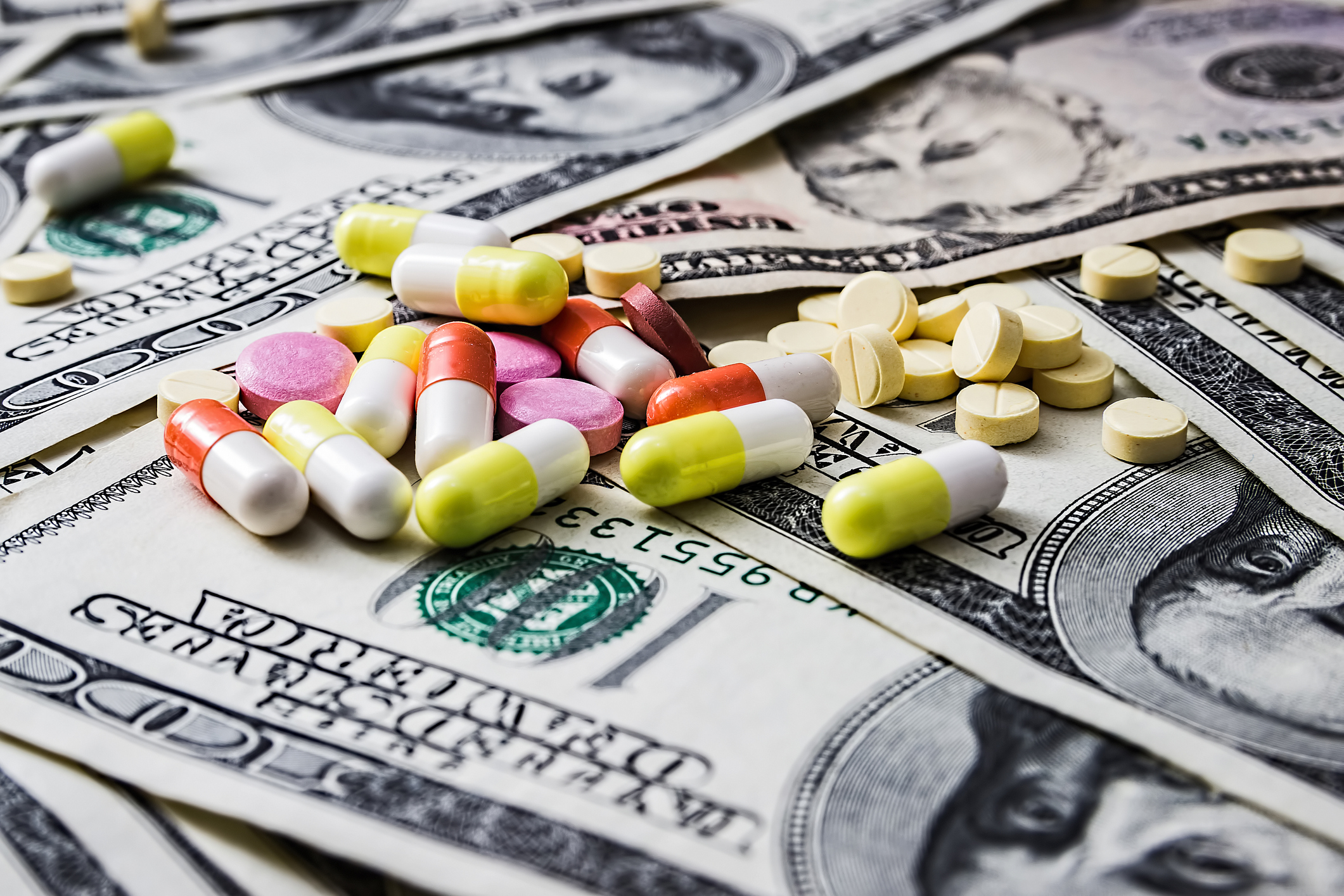 What is medical identity theft and how can you avoid it?
What is medical identity theft and how can you avoid it?The Explainer Scammers can often target medical insurance as part of their grift
-
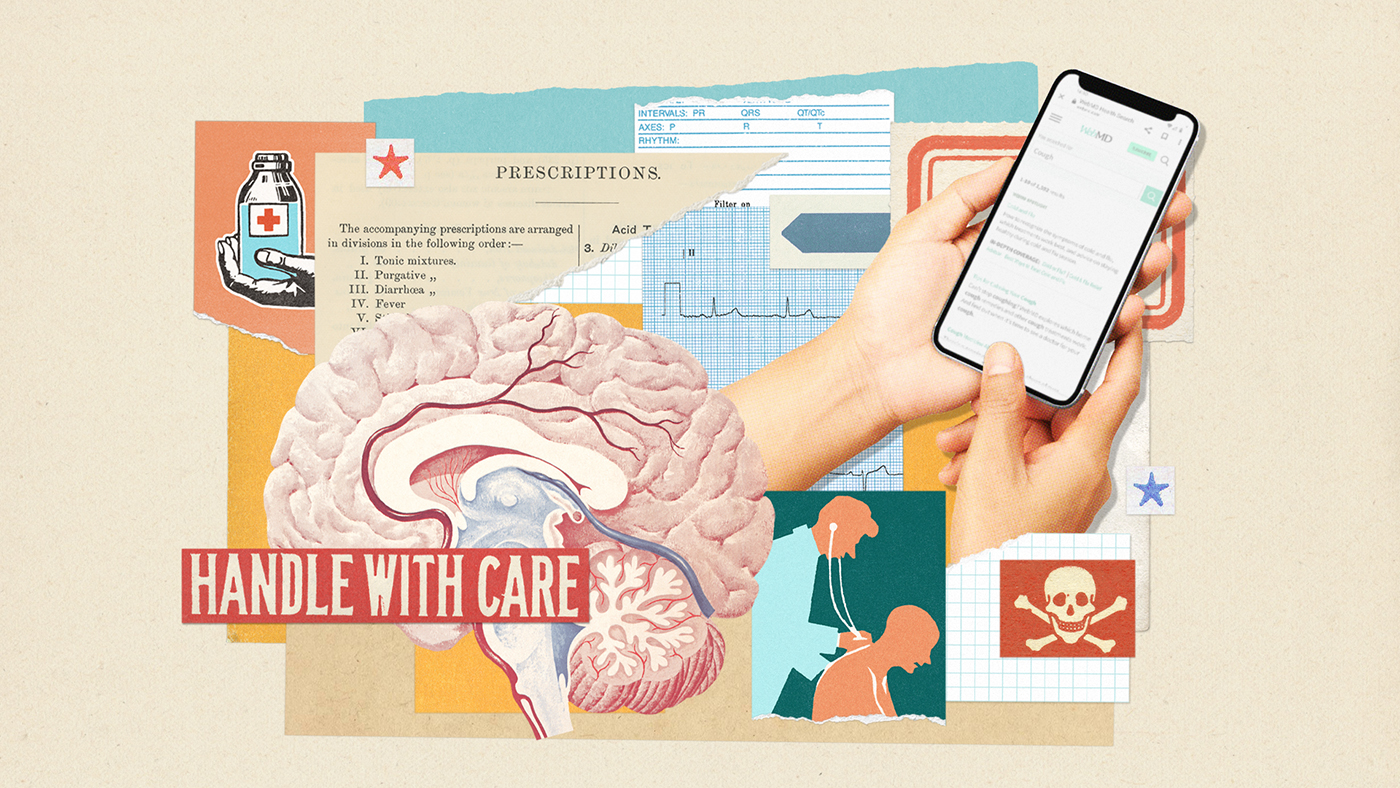 The problem with self-diagnosing
The problem with self-diagnosingSpeed Read Teens are turning to social media to diagnose themselves with mental health conditions
